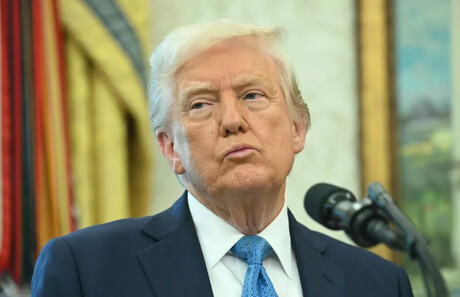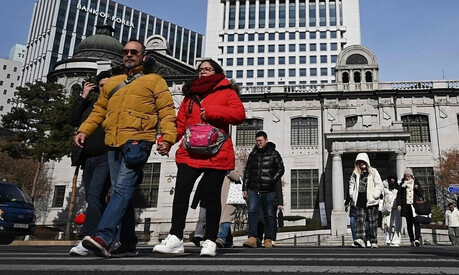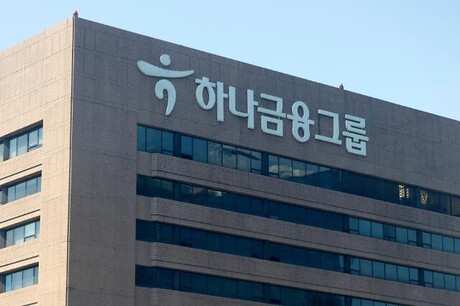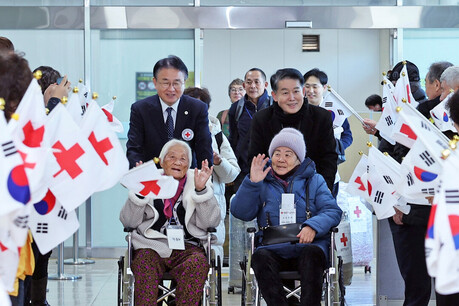
SEOUL, South Korea – Import procedures for processed peanuts and nuts from Japan have been halted after minute traces of radioactive cesium were detected in a recent inspection, according to the South Korean Ministry of Food and Drug Safety (MFDS). The findings, released on the 25th, stem from radioactivity tests conducted on Japanese food imports between April 18th and 24th.
The tests revealed the presence of 1 Becquerel per kilogram (Bq/kg) of cesium in a product identified as ‘Kurikinton,’ a traditional Japanese confection made from chestnuts and sugar. While this level is significantly below South Korea’s permissible limit of 100 Bq/kg for food radioactivity, the detection has triggered stricter domestic regulations.
Since 2011, following the Fukushima Daiichi nuclear disaster, South Korea has mandated that even trace amounts of radioactive materials detected in imported foods necessitate the submission of test certificates for additional radionuclides, including strontium. This stringent policy reflects public concerns and a precautionary approach to food safety.
Faced with the prospect of lengthy and potentially costly additional testing for substances like strontium, many South Korean importers opt to cancel shipments when any level of radioactivity is detected. This often results in the products being returned to Japan or discarded altogether.
In this latest incident, the importing company of the affected Kurikinton product reportedly chose to voluntarily withdraw the import of the consignment upon confirmation of the cesium detection. This decision underscores the practical challenges and financial implications that even marginal radioactive findings can pose for food importers dealing with Japanese products.
The MFDS’s regular monitoring of imported foods from Japan is a routine measure to ensure the safety of consumers. While the detected cesium level poses no immediate health risk according to international standards, South Korea’s rigorous post-Fukushima regulations continue to act as a significant barrier for some Japanese food imports.
This incident highlights the ongoing sensitivity surrounding radioactive contamination concerns related to Japanese products in South Korea, even years after the Fukushima incident. The proactive measures taken by the MFDS and the cautious response from importers demonstrate a commitment to maintaining stringent food safety standards and addressing potential public anxieties. The long-term impact of such incidents on trade relations and consumer confidence remains to be seen.
[Copyright (c) Global Economic Times. All Rights Reserved.]





























